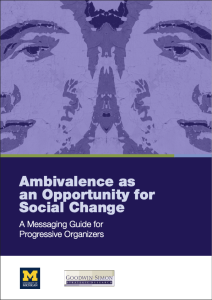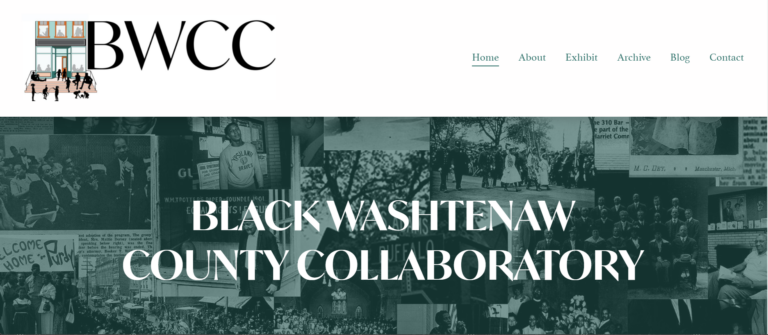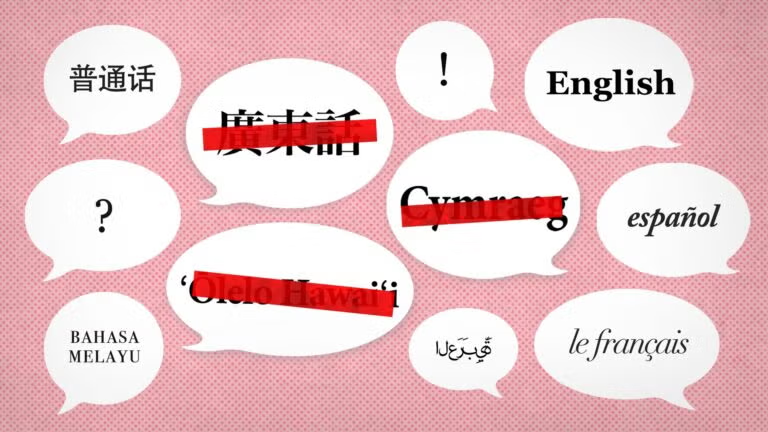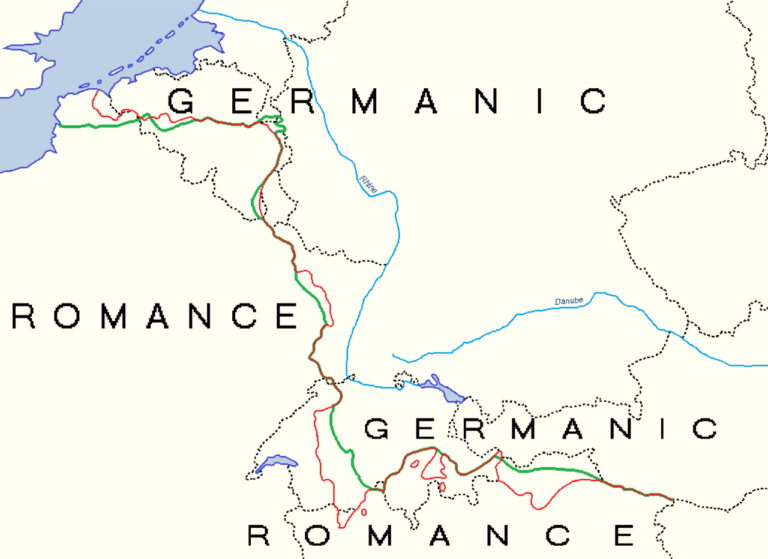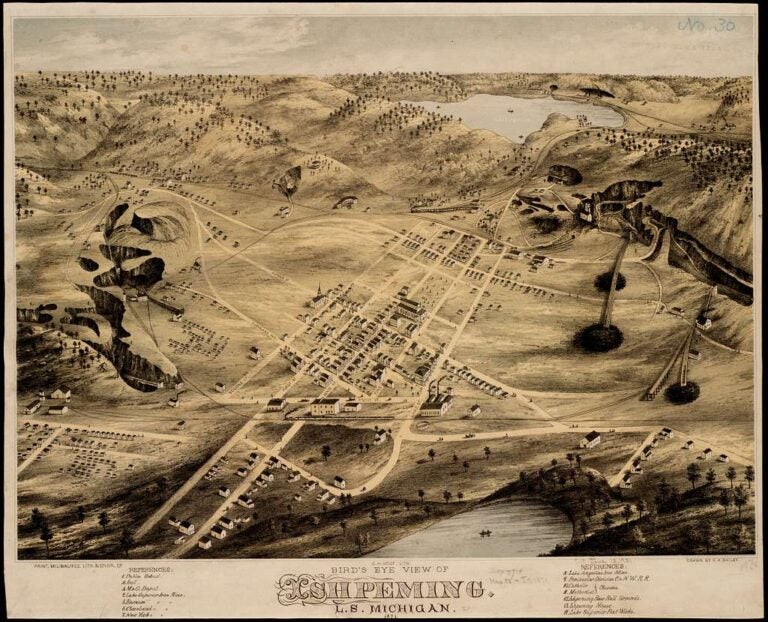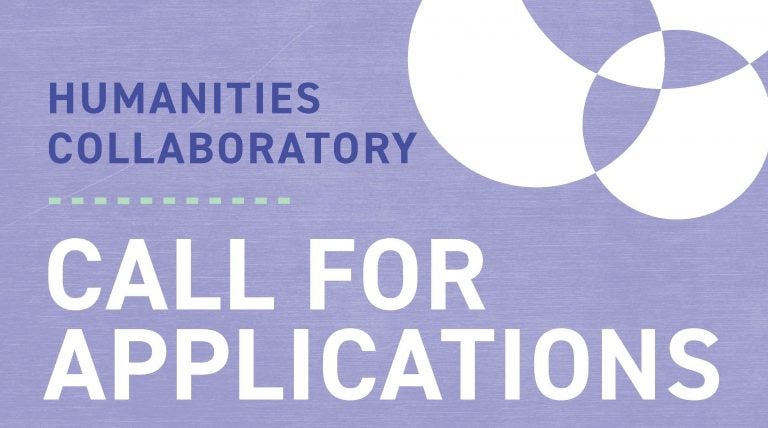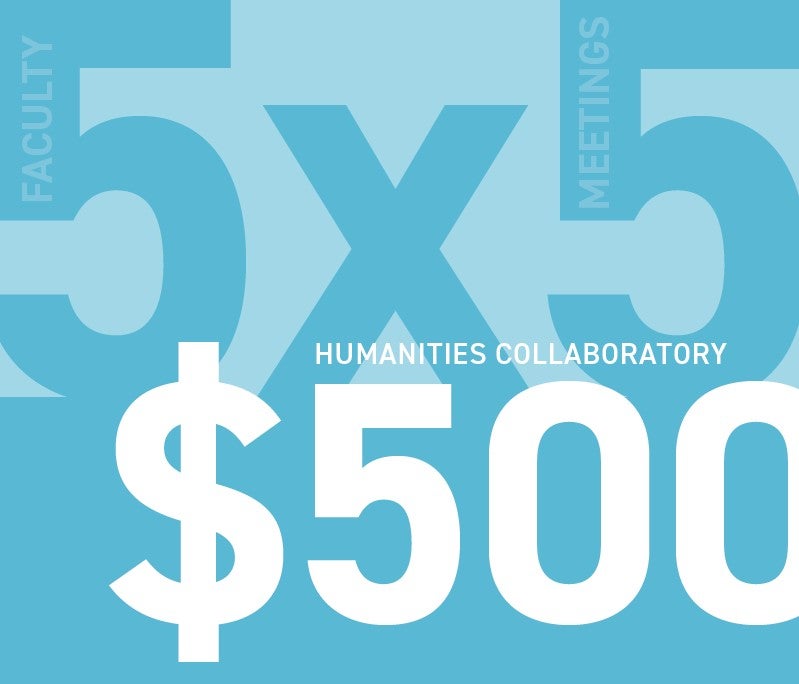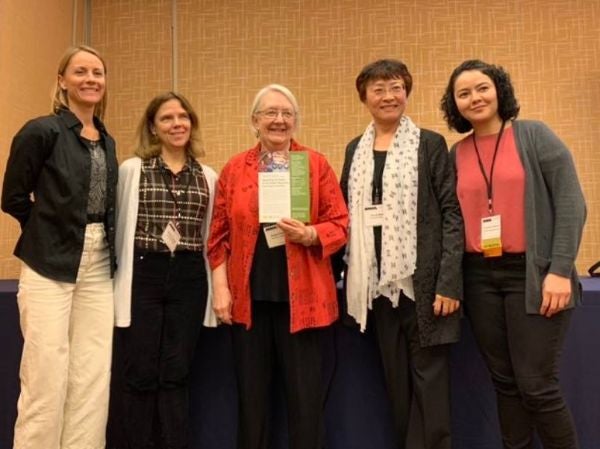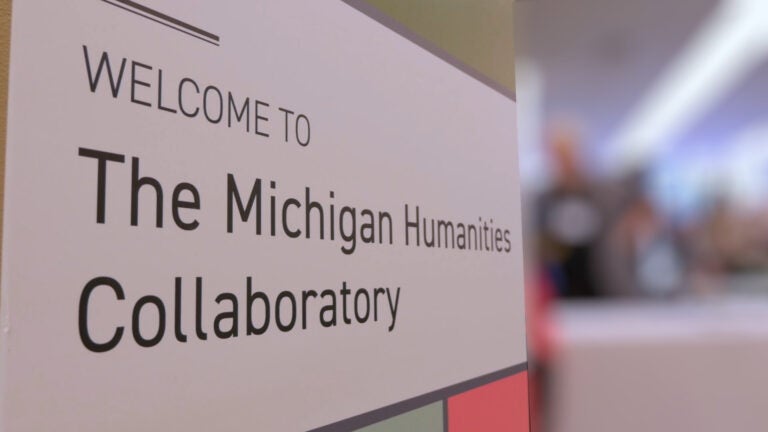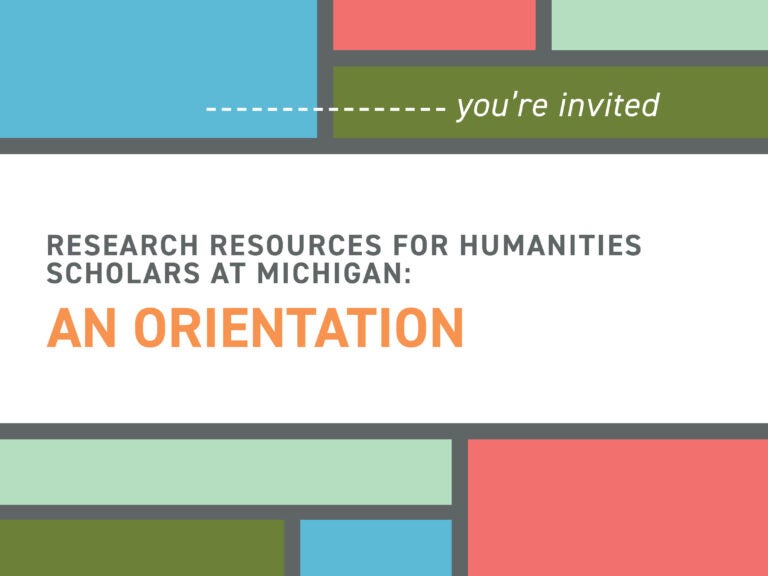The Future is Human/e is one of three 5×5 teams the Collaboratory accepted in April. This team is led by Sarah Murray, Assistant Professor in the department of Film, TV, Media, and Digital Studies. This team will investigate the meanings of longevity, death, and speculative futures in a post-digital, post-capitalist, and post-eco-crisis world. Their investigation includes discussions…
Category: News
Using the Tools of the Future to Find Patterns in the Past
Tools of the Future/ Patterns of the past is one of three new 5x5s the Collaboratory has accepted in April. This team is led by Giulia Saltini Semerari, Assistant Professor of Anthropology. This team will reflect on the power, risks, and limitations of deploying AI in the context of navigating academic publications in the humanities, utilizing work…
Music and AI
Music and AI is one of three new 5×5 teams we have accepted in April. This team is led by Julie Zhu, Assistant Professor in the Department of Performing Arts and Technology. This team will explore how the impact of AI on composers and musicians, as well as how it can be utilized for creation and research in…
The Ambivalence Project Celebrates Launch of Guidelines
The Ambivalence Project, partnering with Goodwin Simon Strategic Research, has launched their messaging guide, “Ambivalence as an Opportunity for Social Change.” It can be downloaded for free at: http://goodwinsimon.com/ambivalence. The Ambivalence Project, led by P.I. Valerie Traub, was composed of 5 faculty, 2 graduate students, and 1 staff person located in LSA and the Medical…
Inside the Launch of the Black Washtenaw County Website
The Black Washtenaw County Team (BWC) launched their website, the Black Washtenaw County Collaboratory, in early December, marking a major achievement for the group in making their project accessible to the general public. Meghana Tummala, a Wallenberg Fellow and recent Taubman College of Architecture and Urban Planning graduate, joined the team over a year ago.…
New 5×5 Team, Public Facing Studies of Religion
The Public Facing Studies of Religion team is comprised of faculty members with backgrounds in a variety of religious scholarly studies. They will meet to share and analyze techniques for disseminating public facing versions of research on religion. Topics they will discuss include the phenomena of scholarship on religion being mistaken as proselytizing and the complications of pressures inherent to religious…
Collaboratory to Host Research Infrastructure Events
The Collaboratory, as part of our effort to build lasting humanities research infrastructure, is offering a series of upcoming orientations. On March 7, “Research Resources: Landscape of External Funding,” will give humanists a slimmed down peek into what the search for external funding looks like and help early career faculty to identify potential funding institutions. The…
Media, Technology, Geopolitics and Social Change in the BRICS+ Countries
We welcome Media, Technology, Geopolitics and Social Change in the BRICS+ Countries team to the Collaboratory with a 5×5 Incubator grant. With an interdisciplinary approach to media, this team will focus on BRICS+ countries – namely India, China, Russia and Nigeria – to assess how uses, practices, and understandings of media, art, and technology reproduce…
Documenting Endangered Languages
The team, as a recent recipient of a 5×5 Incubator grant, will focus on language documentation, especially endangered languages, which includes over 90% of the languages in the world today. The team’s goal is to create a critical mass of synergy and brainstorm on major issues in language documentation, such as a practical protocol for language…
Anti-Colonial Global South Studies: Research, Learning, and Community Engagement
A new team joins the Collaboratory with a 5×5 Incubator grant. This team will discuss alternative frameworks rooted in anti-colonial histories of the Global South to rethink mainstream knowledge production practices in the Global North drawing from different research, learning, and community engagement traditions. Motivating questions include: What does it mean to practice anti-colonial research, pedagogy,…
Critical Pedagogy in Romance Languages and German
We are happy to announce the award of a new 5×5 team. This project unites scholars in Romance Languages and Literatures and Germanic Languages and Literatures who teach upper-division, interdisciplinary courses on race, class, gender, and sexuality through literature, film, history, and critical theory. The team hopes to lay the foundation to conduct research on the topic of…
From Revitalization to Decolonization: Nishnaabeg Language Pedagogy and Indigenous Epistemologies
A 5×5 Incubator Grant has been awarded to From Revitalization to Decolonization; Nishnaabeg Language Pedagogy and Indigenous Epistemologies. This team’s members will engage in research to improve language pedagogy and build members awareness of issues relevant to understudied languages and more specifically for documenting and sustaining the Ojibwe dialect historically spoken in the area. They also…
Collaboratory Project to Receive National Endowment Grant
The exhibition project, Ghana 1957: African Art After Independence—a product of the Humanities Collaboratory project, “Making African Art: From African Independence and the Peace Corps to Civil Rights and the Cold War” (September 1, 2018 – August 31, 2020) — has been awarded a Public Humanities Planning Grant from the National Endowment for the Humanities (NEH) to support two years…
Call for Applications: Proposal Development Grants
The Collaboratory is excited to continue funding Project Development Grants in its new phase. Applications will open in December. The Collaboratory invites faculty teams to apply for proposal development grants to fund collaborative project ideas from May – August, 2024. Led by faculty on the Ann Arbor campus, all teams must be intergenerational, involving collaboration with other faculty,…
Apply for Collaboratory 5×5 Grants
The Collaboratory is excited to continue funding 5×5 Incubator Grants in its new phase, and we are currently accepting applications. The 5×5 Incubator Grants are intended to encourage faculty and research specialists from a variety of fields to organize around a theme or topic of shared interest, an approach to work in the humanities, an experimental form of dissemination,…
Project Reflections — Expanding the Reach of Global Feminism with Professor Abigail Stewart
We reached out to Abigail Stewart, Sandra Schwartz Tangri Distinguished University Professor Emerita of Psychology and Women’s and Gender Studies, to discuss her work on the Expanding the Reach of the Global Feminisms Oral History Archive project grant. Read below about her experiences working on this team and with the Collaboratory. “Working on the various stages of the…
Bringing Indigenous Knowledge to Campus
As part of their work to reframe and to activate the Philippine Collections at the University of Michigan with Indigenous knowledge the ReConnect/ReCollect team held a workshop with Indigenous Philippine artists in May. The visiting culture bearers were Cathy Ekid Domigyay, a Bontoc textile artist and weaver; Johnny Bangao, Jr. a Kankana-ey basket weaver; and Ammin Achaur,…
Sprinting For Justice
The Singing Justice Team was in York, Maine June 4-10 for a Book Sprint – facilitated by Barbara Ruehling of Book Sprint – to work on their manuscript. While the collaborative writing process can be challenging, the team came together to complete a compelling work on Black Song: encompassing 50,000 words, 7 chapters, 9 case studies, and 11 song biographies. The sprint…
A New Phase for the Humanities Collaboratory
We are delighted to announce that the Office of the Provost and the College of LSA have agreed to support Humanities Collaboratory activities for two more years. The Collaboratory and our scholars have learned a great deal about innovative, diverse, team-based, 21st -century humanities research. In this new phase we will build on these lessons…
Collaboratory to Host Research Resources Orientation for New Faculty
The Hummanities Collaboratory with the Office of the Vice President of Research and the LSA Office of Research is hosting a New Faculty Orientation to discuss funding avenues available to humanists at the University of Michigan. For more information or to make any suggestions on materials used at the orientation, please contact Kristin Hass (kah@umich.edu). The orientation will be October 27,…


